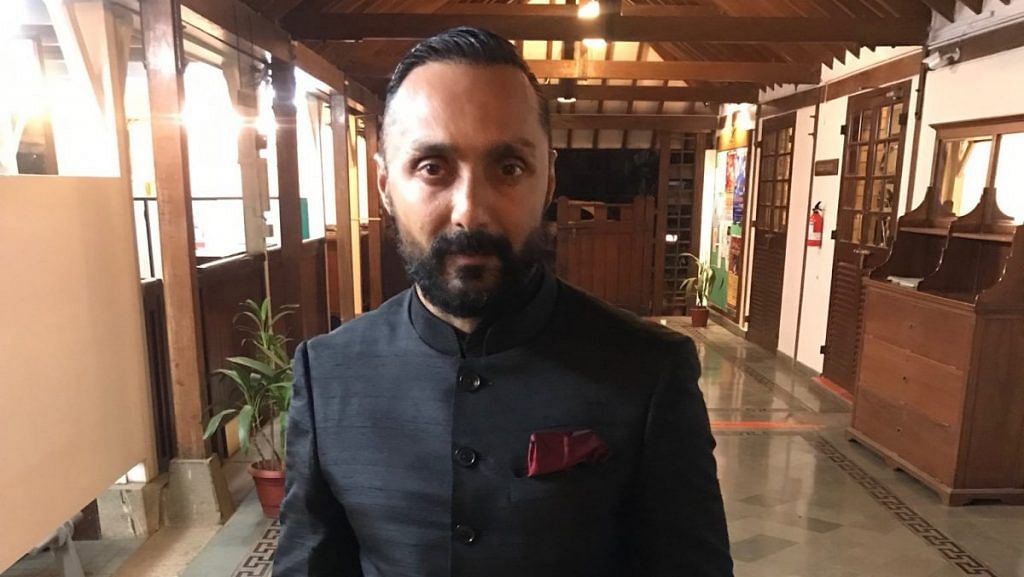Should a couple of bananas cost you Rs 375 (excluding GST) at a luxurious five-star hotel? Actor Rahul Bose certainly doesn’t think so, and a lot of people agree with him.
We tend to feel “overcharged” whenever we see a price tag higher than what we usually see at the usual place we buy from. So, we are indignant when we are charged Rs 375 for the bananas we would expect to pay Rs 10 for at the local supermarket. My price anchor is Rs 10 and I feel I am entitled to bananas at this price. My mother will almost surely tell me that I have been overcharged, because she would not pay her regular fruit vendor more than Rs 5. What we think is the ‘correct’ price is, therefore, relative.
Five-star’s banana defence
Now let’s look at the other side of the story. How would a five-star hotel explain charging such a big premium on the humble banana?
First, it must raise enough revenue to keep the business going and return profits to shareholders. Room rents are competitive and must be kept low enough to attract customers. This means it has to rely on other services — food & beverage, room service, spa, retail and so on — to make profits. In India, around 50 per cent of the revenue for five-star hotels comes from food & beverage.
Hotels can justifiably argue that room service, including bananas, are optional, and the guests don’t have to necessarily purchase them – unlike companies that make printers and razors, whose expensive consumables you have to purchase. And unlike multiplex cinemas, hotels do not prevent guests from bringing their own bananas, nor impose corkage (bunchage?) charges.
Also read: Indian govt can make taxes look good – by taxing bad behaviour, like honking
Second, the hotel could contend that bananas served to you in the convenience of your room (or gym) constitute a different service, justifying the higher price. The cost of the banana could be itemised at Rs 10, and the cost of serving them on demand at Rs 365. It’s a fair argument.
Let’s say Rahul Bose earns Rs 5 lakh per month and works 16 hours a day. His hourly wage is around Rs 1,000. His opportunity cost of spending 30 minutes in going out and buying bananas from the grocery store would thus be more than what he was charged by the hotel. Even by these very conservative estimates, Bose actually got a good deal.
Third — the hotel won’t tell you this, but an economist will — is that there is price discrimination going on, and despite the negative connotation of the word, it’s not necessarily a bad thing. We need not begrudge hotels from making a profit by charging people who can pay more.
Finally, there’s caveat emptor, or buyer beware: customers ought to ask the price before ordering. If they think the bananas are too expensive, they could choose not to order them.
So, unless you believe that prices should be fixed and enjoy the life of shortages that it creates, there is nothing wrong with the hotel’s arguments. The price levels for the banana are reasonable given the other goods and services on offer. As Bose’s video shows, JW Marriott has provided chocolate cookies free of charge, but charged for the fruit. I’ve stayed at hotels where it was the opposite. Marketing departments have their reasons, even if they are unfathomable to the rest of us. Even if they don’t, it’s entirely their prerogative on what and how much to charge.
Also read: New Zealand well-being budget isn’t a new idea, India’s been there and done that already
Hotel’s business to be fair
Was the Marriott right to charge whatever it wanted for the bananas? Yes. Was it wise to do so? That’s a different question.
As behavioural economist Richard Thaler argues, it is in the firm’s long-term interests to appear “fair” even if this means forgoing some revenue opportunities. “The value of seeming fair,” he writes in Misbehaving, “should be especially high for firms that plan to be in business selling to the same customers for a long time, since those firms have more to lose from seeming to act unfairly.” It hurts a hotel, even a luxury hotel, to be seen as being greedy and opportunistic, or taking advantage of a customer’s situation. You could perhaps get away with such a reputation in a market where customers don’t have many choices. But in a competitive market, at the margin, you will lose business. Public outcry can also invite the unwelcome attention of government authorities and politicians.
Are bananas more like the bottle of drinking water in the room or the can of beer in the mini bar? Most people would consider the former to be a basic necessity while the latter is a discretionary item. To the extent that people think bananas are not a luxury, it makes sense not to price them as one.
Tailpiece: It is heart-warming to see the tax authorities act suo motu, and with great alacrity, to protect hapless citizens from being unduly taxed. Businesses, though, will have one more cause to worry. They knew they could be in trouble if they didn’t levy the appropriate GST rate. Now they know they can be in trouble if they levy GST on something that might be considered exempt. It complicates matters.
The author is the director of the Takshashila Institution, an independent centre for research and education in public policy. Views are personal.
